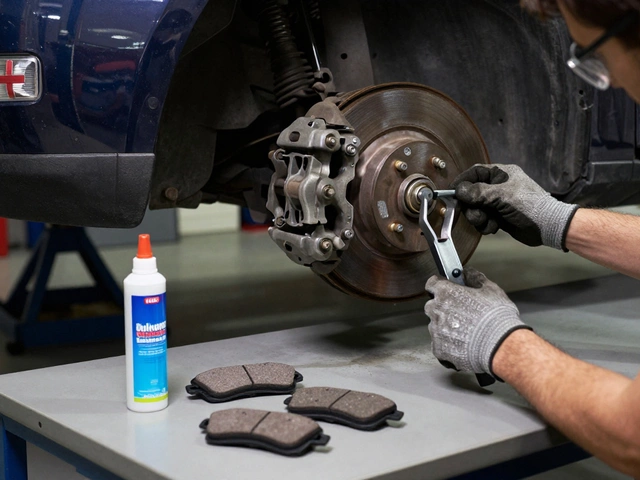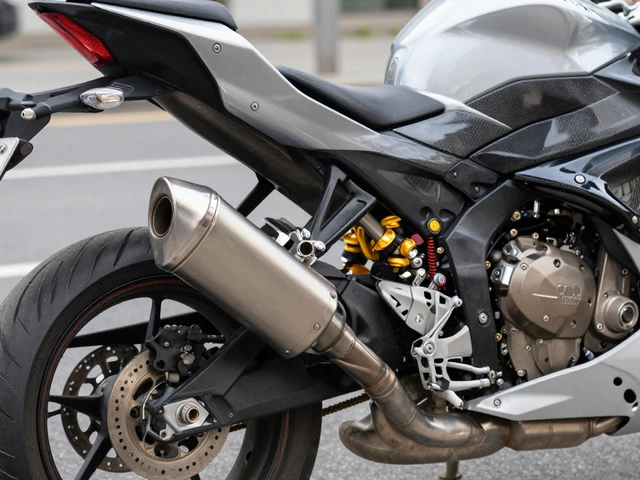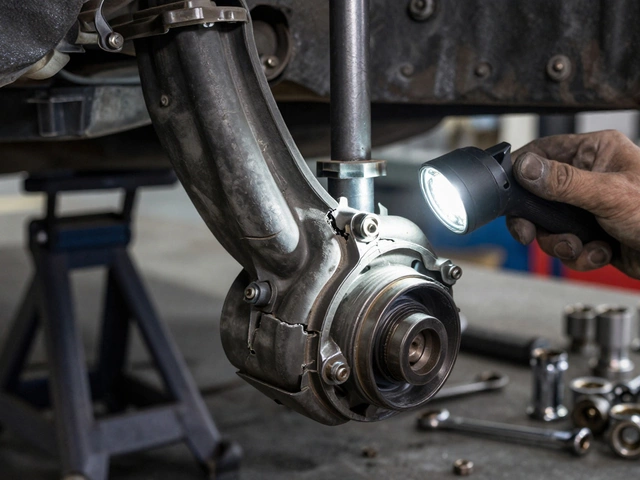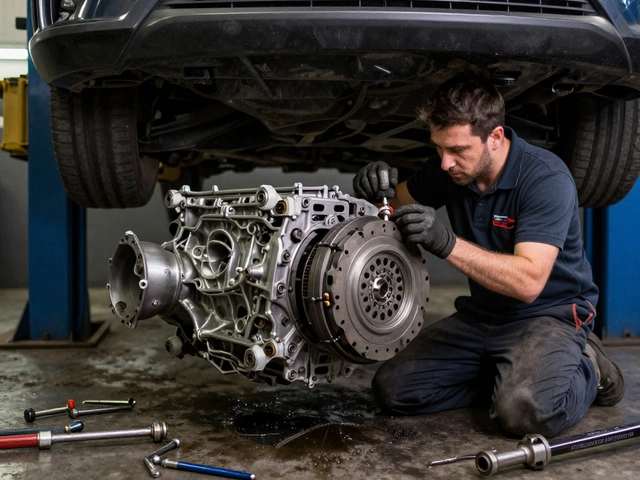Engine Tuning: What It Is, How It Works, and What You Need to Know
When you hear engine tuning, the process of adjusting a car’s engine for better performance, fuel efficiency, or responsiveness. Also known as performance tuning, it’s not just about making your car louder—it’s about making it work smarter. Many people think it’s only for sports cars or modified vehicles, but even a standard family sedan can benefit from smart tuning. It’s not magic. It’s science—adjusting how air, fuel, and spark interact inside the engine to get more power without burning out parts.
Good engine tuning doesn’t happen in a vacuum. It connects directly to other systems in your car. For example, a fuel pump, the component that delivers gasoline from the tank to the engine at the right pressure that’s weak or failing will ruin even the best tune. If your fuel delivery is off, no amount of ECU tweaking will help. Same with engine oil, the lifeblood of your engine that reduces friction and carries away heat. Old or wrong-grade oil makes the engine work harder, killing efficiency and making tuning pointless. And if you’re chasing more power, you’ll likely upgrade your performance exhaust, a system designed to reduce backpressure and improve airflow out of the engine. But that only works if your car’s sensors and diagnostics are reading correctly. That’s why car diagnostics, the process of using tools to read error codes and monitor real-time engine data is the foundation of any real tuning job. You can’t tune what you can’t measure.
Most of the posts here aren’t about flashing ECUs or buying aftermarket parts. They’re about the basics that make tuning possible—or impossible. If your fuel pump is failing, your exhaust is clogged, your oil is sludged up, or your radiator’s overheating, no tuner in the world can fix that with software alone. The real secret to better performance? Fix what’s broken first. Then tune what’s left. That’s why you’ll find guides here on spotting bad fuel pumps, checking oil levels, understanding exhaust upgrades, and reading diagnostic codes. These aren’t side topics—they’re the building blocks.
Engine tuning isn’t about going faster for the sake of it. It’s about making your car respond better, last longer, and use less fuel. Whether you’re just trying to get more life out of your current ride or planning a full upgrade, knowing how these systems work together is the first step. Below, you’ll find real-world advice from people who’ve been there—no hype, no guesswork. Just what actually works.





